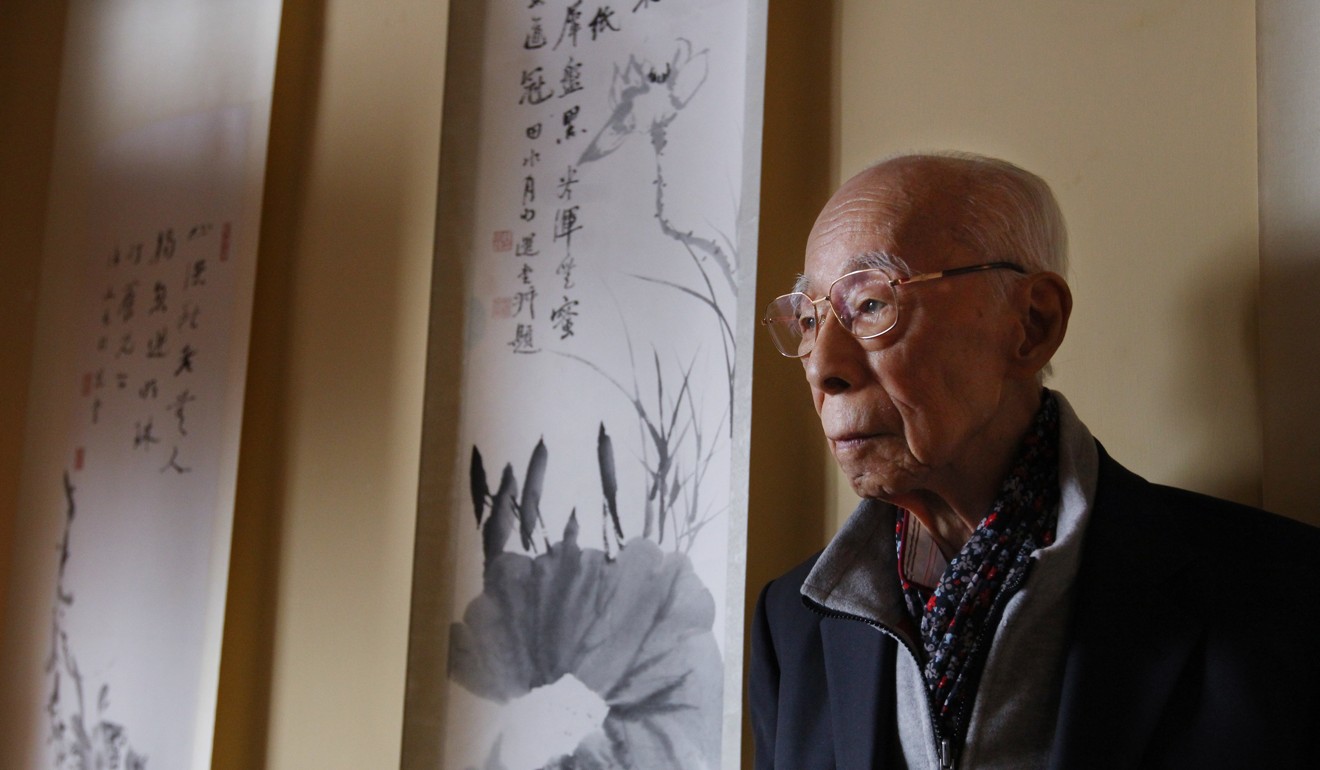
Hong Kong mourned the loss of a number of major figures in 2018, marking the end of an era for some, but others say a new generation have much to learn from the departed
- Sinologist Jao Tsung-i, Nobel Physics laureate Charles Kao and writer Louis Cha were among those who died this year
- ‘Godfather of Hong Kong politics’ Chung Sze-yuen embodied a frankness and independence that was melded with pragmatism in the pre-handover era
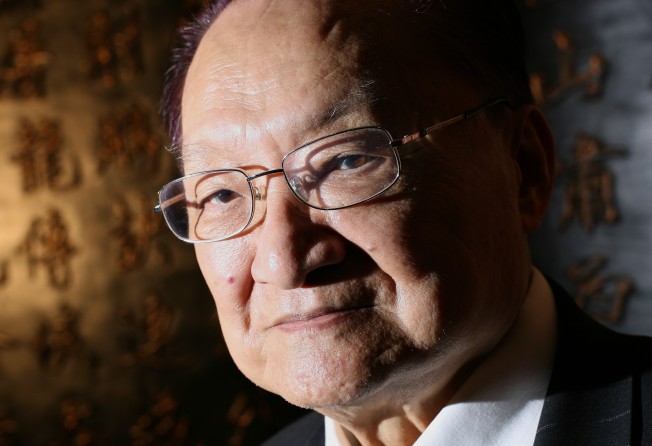
In 2018, Hong Kong lost more than a dozen luminaries from politics, academia and culture who embodied the values of grit, passion and intellectual clarity so badly needed today in the city, say observers remembering those who died this year.
“Gone are the times that cultivated traditional and encyclopaedic intellectuals like Jao Tsung-i and Jin Yong. Also gone is the vibrant and complicated ‘big era of politics’ when elites like Chung Sze-yuen became leaders,” said Lau Siu-kai, vice-chairman of semi-official think tank The Chinese Association of Hong Kong and Macau Studies.
“The past is the past. Each era has its problems and challenges. Their academic and political commitment, their passion and constant efforts to realise their beliefs, should serve as an example to us,” Lau added.
February 10 marked the death of renowned sinologist Jao Tsung-I at the age of 100, a passing that moved 11 current and former state leaders of China to express condolences, along with thousands more from academia and the general public.

Their academic and political commitment, their passion and constant efforts to realise their beliefs, should serve as an example to us
Another icon of the academy passed on September 23, when Nobel physics laureate Charles Kao Kuen – the “father of fibre optics” – breathed his last, having suffered from Alzheimer’s disease for 14 years.
Just over a month later, Chinese literature lost one of its biggest names, with the death of Louis Cha Leung-yung, better known by his pseudonym “Jin Yong”, on October 30. The author and publisher, famous for his wuxia martial arts novels, drew tributes from 13 current and past leaders of China.
On November 14, Chung Sze-yuen, known as the “godfather of Hong Kong politics”, died, 10 days after celebrating his 101st birthday at a banquet hosted by the city’s leader at Government House.
“Hong Kong has lost many irreplaceable talents in many areas,” Lau Siu-kai said.
In politics, Lau observed that it was harder now for people to rise through the ranks to leading positions than in the late 1970s and early 1980s. Chung Sze-yuen, for example, established his reputation as the “voice of Hong Kong” as, when meeting China’s paramount leader Deng Xiaoping in 1984, he candidly expressed the fears of Hongkongers about interference from Beijing when the city would pass from British rule to China in 1997.
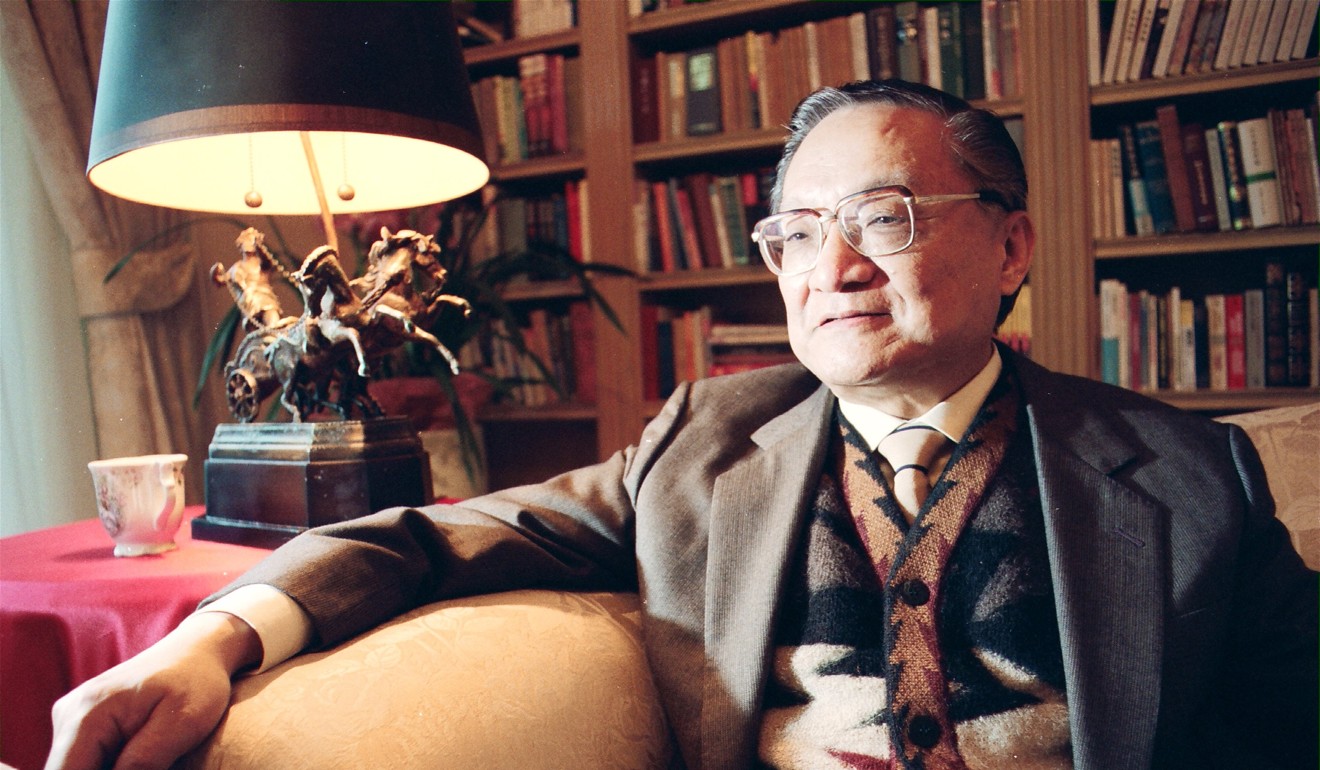
It was also a time when Louis Cha sat on the Basic Law Drafting Committee and Charles Kao was recruited to advise Beijing on Hong Kong affairs. Even the apolitical scholar Jao Tsung-i was appointed to consult the Chinese government on cataloguing ancient books.
“It was a time when the concerns and debates over Hong Kong’s future after its return to China had triggered such substantial fears that many chose to move abroad, and more in the city were looking for leaders who could represent Hong Kong’s interests in talks with Beijing and Britain,” Lau said.
Chung, a businessman-turned-politician who was the highest-ranking Chinese in the colonial government, chose to be pragmatic, but was not hailed as a hero by everyone, said Lau.
“He once told me that, since he could not change the reality that China would take Hong Kong back, he decided to collaborate with Beijing to defend the city’s interests,” Lau said.
Chung was appointed the first Executive Council convenor after the handover in 1997 and retired in 1999.
Such a relationship is rare if not impossible in today’s Hong Kong.
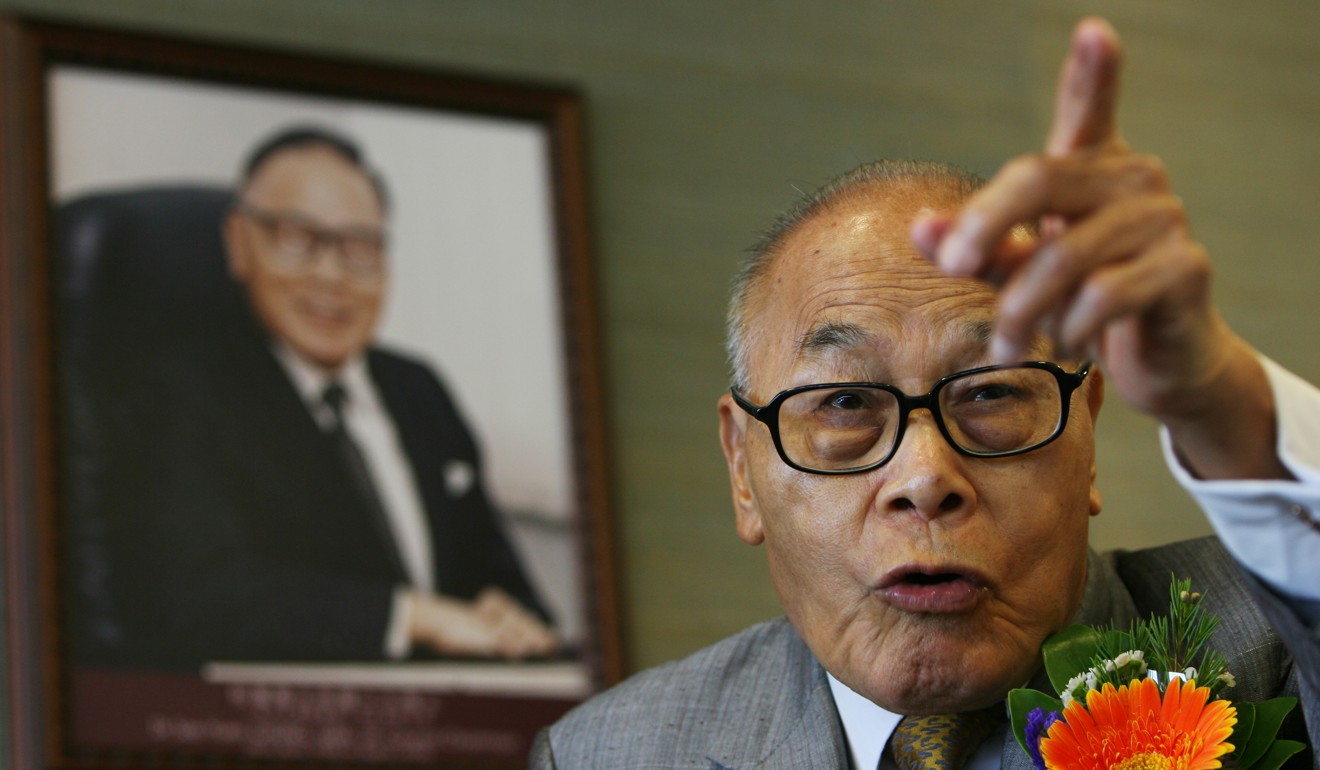
Beijing’s tightening grip has also eroded the liberal terrain of Hong Kong on which intellectuals like Jao, Kao and Cha once flourished, according to veteran journalist and commentator Lau Yui-siu.
“If they hadn’t come to Hong Kong, would they have been able to enjoy the same free and inspiring environment for independent studies on the mainland?” Lau said.
Cha, Jao and Kao came to Hong Kong in 1948 and 1949, around the time when the Chinese Communist Party seized power on the mainland.
Cha played multiple roles as reporter, editor, and serial story writer in the press and in 1959 founded Ming Pao, a daily newspaper in which Cha wrote extensively about the turmoil of the decade-long Cultural Revolution from 1966 to 1976 and valiantly criticised the radical leftists during the 1967 riots in Hong Kong.
Kao completed his secondary education in the city in the early 1950s and left for London to study electronic engineering, a discipline he later established at Chinese University in 1970.
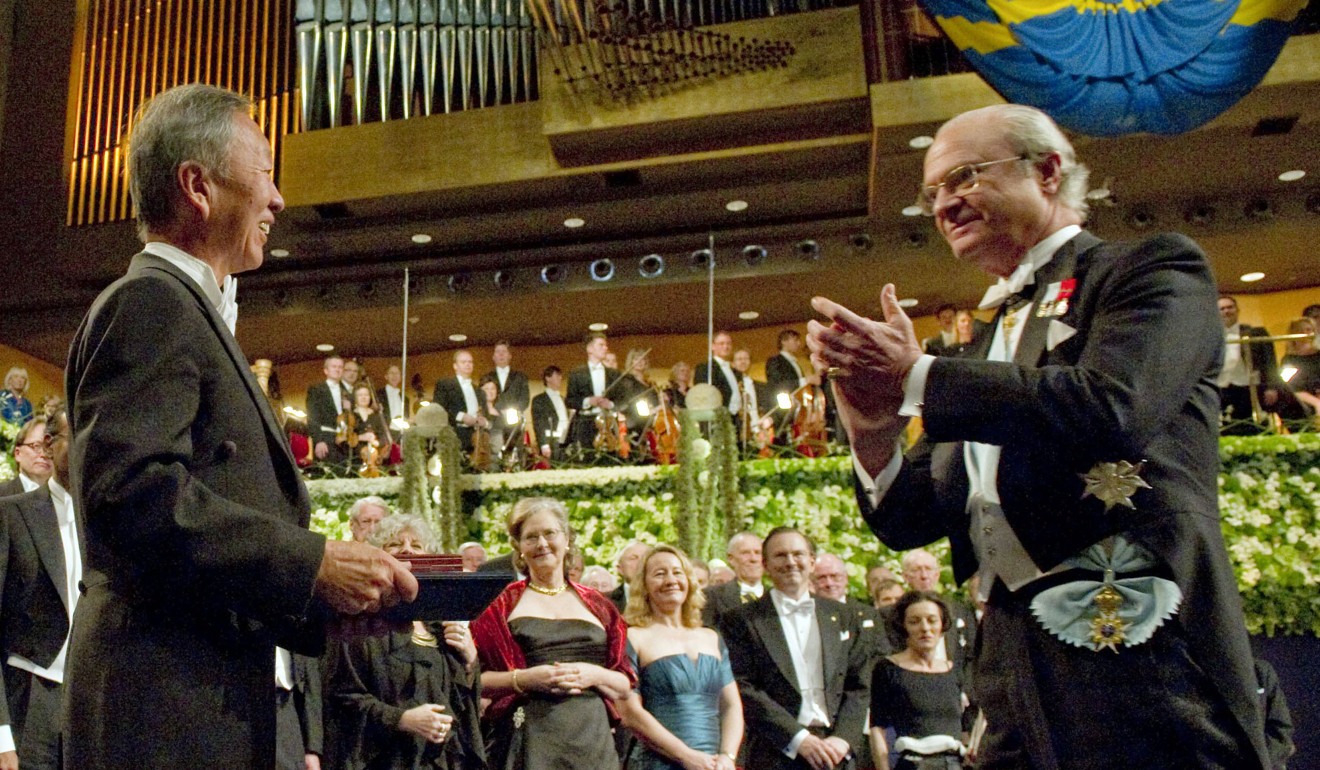
They enjoyed the most liberal period in Hong Kong’s history and they set off to see the world from the city
Jao embarked on a number of overseas study tours and fellowships in Japan, France, Singapore and the US across a period of 15 years after he took the job as a Chinese literature lecturer at Chinese University in 1952.
“They enjoyed the most liberal period in Hong Kong’s history and they set off to see the world from the city,” Lau said.
“The city must defend its space for independent thinking, free expression and diversity, and fight the compulsion for unanimity that exists on the mainland, as we have seen more and more cases of excessive politicisation and accusations, particularly around the idea of independence,” he added.
Lau found that, faced with an increasingly difficult political space, Charles Kao proved to be a remarkable role model for those struggling with what they can do for the city they live in.
“He left the post of being Beijing’s adviser on Hong Kong when he found the central government would not accept his suggestions, without holding any grudges,” Lau said.
“He continued his career in education and set a good example by protecting the protesting students when other university leaders wanted to punish them. This is the positive impact he had outside the political arena.”